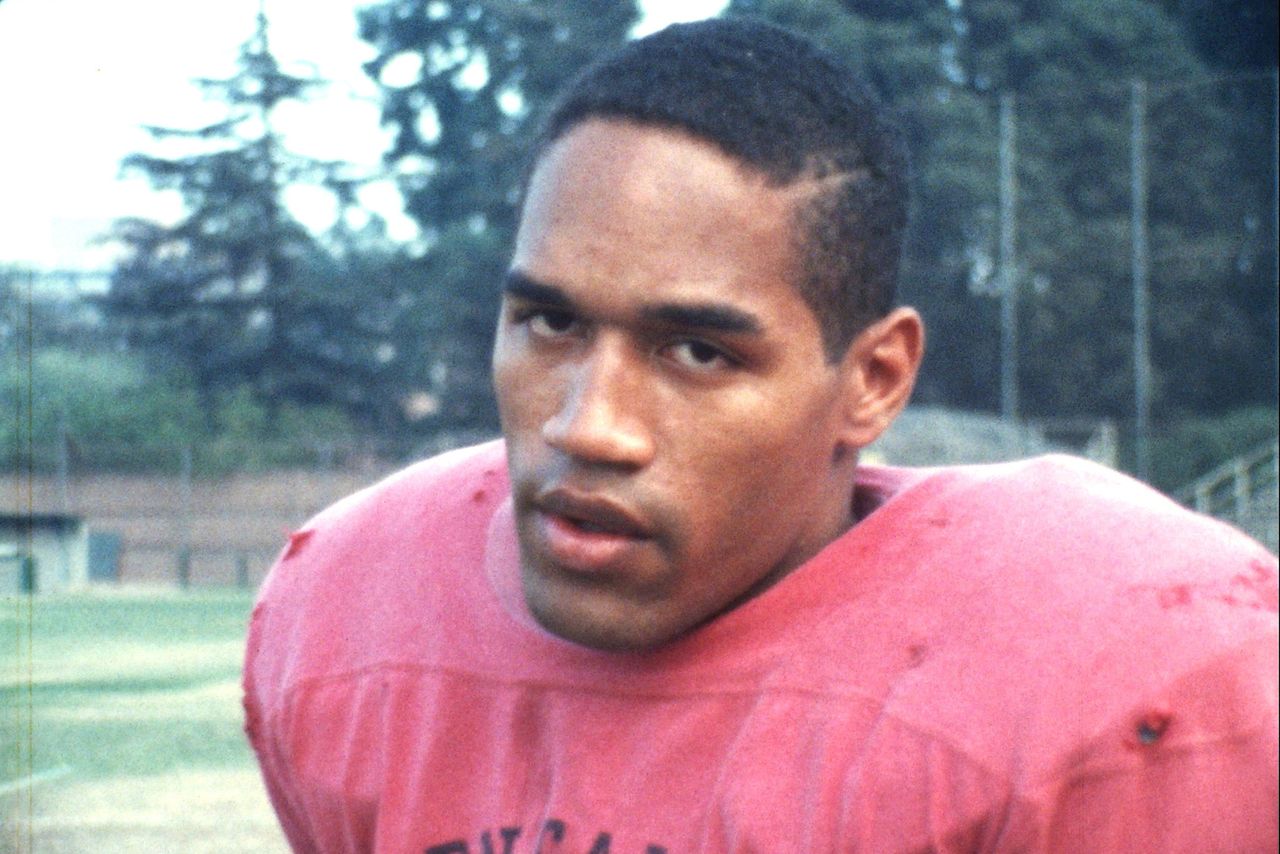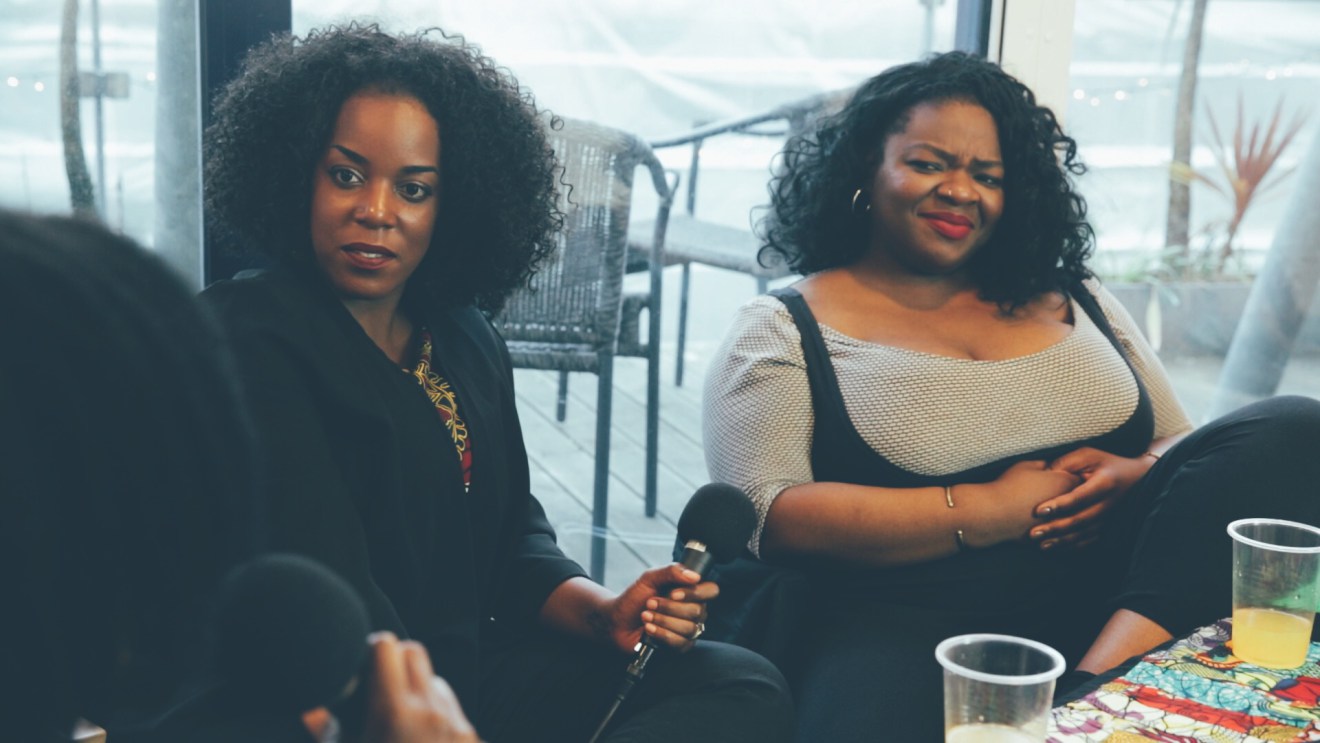“It comes down to who is defining this race term of ‘transcending race?’…and if it’s about approachability about being ‘Black but not too Black’ it ends up being a limited construction of what a Black person should be like…”
Julian Obubo – Guest on AFROBLUSH Podcast Episode ‘Transcending Race’.
 Like many, I’ve been captivated by the recent programming on OJ Simpson, however, my interest in OJ was less about the fact that he may have been a murderer, and more about what he represented to many and to the mass media. OJ Simpson transcended race in a way that only few Black people in history have managed to. At a point, some called him a hero, not just a Black hero, but a hero to and for all. How quaint.
Like many, I’ve been captivated by the recent programming on OJ Simpson, however, my interest in OJ was less about the fact that he may have been a murderer, and more about what he represented to many and to the mass media. OJ Simpson transcended race in a way that only few Black people in history have managed to. At a point, some called him a hero, not just a Black hero, but a hero to and for all. How quaint.
Transcending race is a complicated topic that’s entangled in both systematic racism and the ability to overcome oppression. From the house negro, to OJ Simpson and arguably even Fela Kuti and Beyoncé, the ability to transcend race is an aspiration for some and a living nightmare for others. In this first episode for my new broadcast series I discussed the idea of transcending race; what it means for the Pan-African diaspora and whether this is a progressive or reductive aspiration. Much of the danger behind the term ‘transcending race’ lives within the word ‘transcending’, positioning race as something one can go beyond, or break free from if they really put their mind to it, and it’s this idea that makes me feel most uncomfortable.

What is the point of race in the first place?
When we think about race, we automatically think about skin colour followed by people’s cultural and/or geographical classification. Interestingly, the term ‘race’ was originally used to classify people who spoke a common language, and it’s only as we entered the 17th century that race began to refer to people’s physical traits. Which means the idea of race as we see it today is a social construct and not anything that physically exists, it was created by a few for the few. Which is why we are where we are today, trying to make the simple point over the fact that Black Lives Matter, and desperately trying to explain why when we say ALL Lives Matter it often overlooks Black lives entirely. It’s sad but true.
 Controlling the race narrative
Controlling the race narrative
There’s an old African saying that ‘until the lion learns how to tell its own story, the story will always glorify the hunter.’ And thus, until we start to address race as something that’s very much here, and explore how we really feel about it, be it embrace it or walk away from the notion of race, we will never take ownership of the narrative and complexities that influence the way we are seen and see others.
So, whilst I see my Blackness as very much a part of who I am (hence my blogging alias AFROBLUSH) as a clear way of defining my identity based on established terms (AFRO) and their associations. I also believe that African culture should be preserved and allowed to evolve as it so wishes.
I aim to own by Blackness and do not wish to deviate, dilute or descend from my physical and cultural attributes. But as a political instrument, I would be keen to transcend race in a way that frees me from instances where people assume I like certain things because I’m Black, the over sexualisation of my body, the frantic fascination with my hair and other countless myths and stereotypes associated with my Black life. Because it all matters.
This article was written by Louisa Kiwana, the creator and engine behind the AFROBLUSH Blog & Podcast series.












